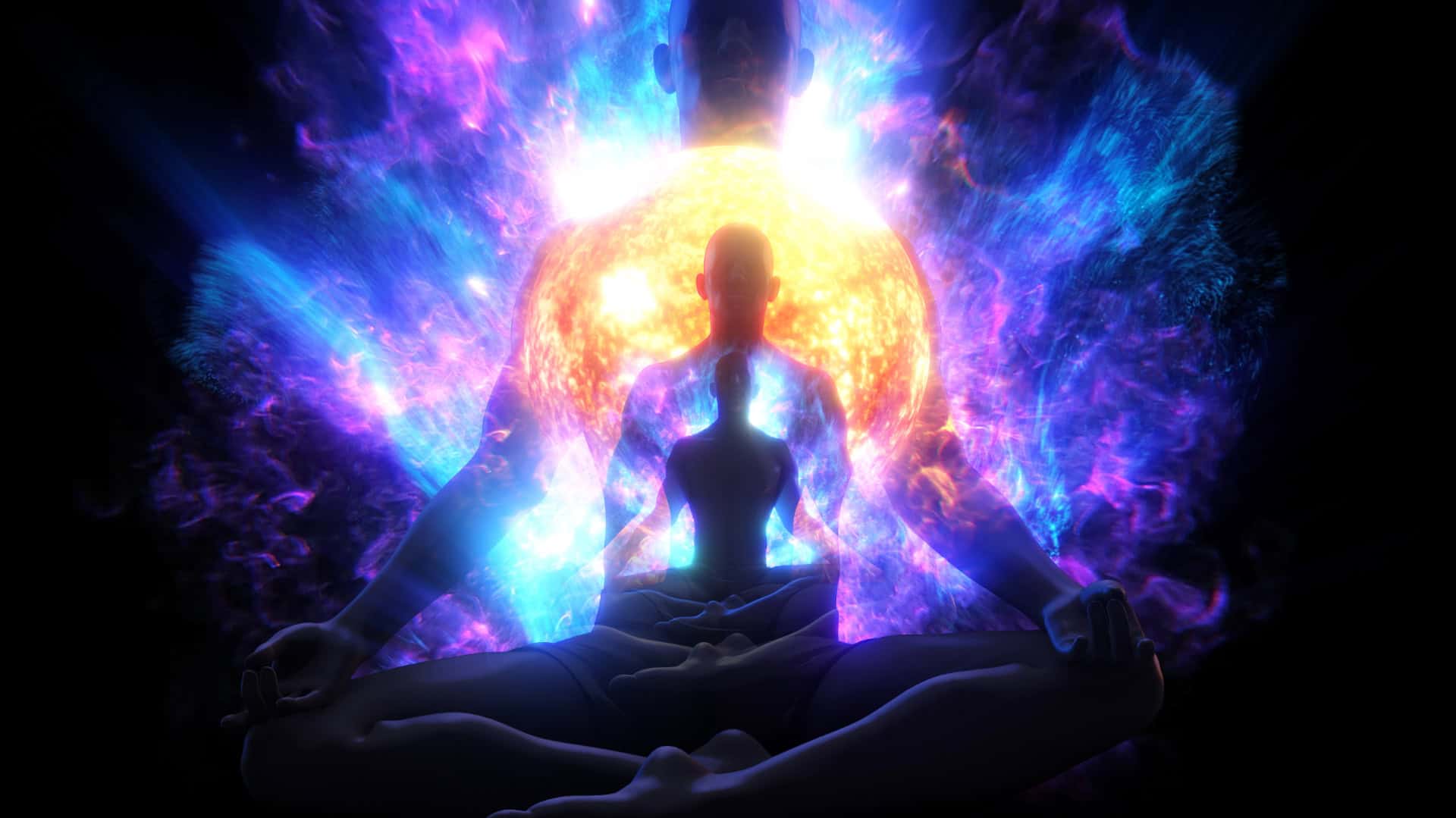The Five Shen of Chinese Medicine and The Big Five Personality Traits, also known as the OCEAN model, offer valuable insights into human consciousness and emotional well-being. Exploring the connections between these two systems can deepen our understanding of human behaviour, motivation, and emotions. This article will examine the relationship between the Five Shen of Chinese Medicine and The Big Five Personality Traits, highlighting their complementary nature and potential applications in pursuing emotional and psychological well-being.
The Five Shen of Chinese Medicine
In Chinese Medicine, the Five Shen (五神, Wǔshén) provide a comprehensive framework for understanding the multifaceted nature of an individual’s psychological and emotional experiences. Each of the Five Shen corresponds to one of the five primary organ systems in the human body: the Heart (Shen), the Liver (Hun), the Spleen (Yi), the Lungs (Po), and the Kidneys (Zhi). These dimensions significantly influence an individual’s emotional and mental well-being, and maintaining equilibrium among them is essential for overall mental health.
The Big Five Personality Traits (OCEAN)
The Big Five Personality Traits, or the OCEAN model, is a widely accepted framework for understanding human personality. It is based on five broad dimensions of personality, which are:
- Openness to Experience: A person’s willingness to engage with new ideas, experiences, and emotions. Curiosity, creativity, and an appreciation for novelty characterizes high openness.
- Conscientiousness: A person’s degree of organisation, responsibility, and self-discipline. High conscientiousness is associated with reliability, thoroughness, and a strong work ethic.
- Extraversion: A person’s level of sociability, assertiveness, and energy. Outgoingness, enthusiasm, and a preference for social interaction characterizes high extraversion.
- Agreeableness: A person’s tendency to be cooperative, empathetic, and compassionate. High agreeableness is associated with kindness, understanding, and a willingness to compromise.
- Neuroticism: A person’s level of emotional instability and vulnerability to stress. Anxiety, moodiness, and a tendency to experience negative emotions characterizes high neuroticism.
Mapping the Five Shen with The Big Five Personality Traits (OCEAN)
Heart (Shen) and Emotional Stability (Neuroticism)
The Heart, with its role in emotional regulation and mental processes, aligns with the emotional stability aspect of the neuroticism trait. A balanced Shen enables a person to maintain emotional stability and self-awareness, leading to lower levels of neuroticism. By cultivating a balanced Shen, individuals can experience fewer negative emotions, better manage stress, and maintain a stable mood.
Liver (Hun) and Openness to Experience
The Liver, representing the ethereal soul and spiritual awareness, corresponds with the openness to experience trait. A balanced Hun allows a person to access their inner wisdom, intuition, and creativity, fostering personal growth and self-discovery. By nurturing a balanced Hun, individuals can develop greater openness to new experiences, ideas, and emotions, enhancing their creativity and adaptability.
Spleen (Yi) and Conscientiousness
The Spleen’s association with intellect and rational thinking connects with the conscientiousness trait. A balanced Yi allows a person to think clearly, make sound decisions, and focus on their goals, contributing to increased conscientiousness. By promoting a balanced Yi, individuals can develop greater organization, responsibility, and self-discipline, leading to improved productivity and reliability.
Lungs (Po) and Extraversion
The Lungs, with their connection to the physical body and vital energies, relate to the extraversion trait. A balanced Po enables a person to maintain a strong connection between their body and mind, ensuring physical health and vitality. By fostering a balanced Po, individuals can enhance their energy levels and sociability, leading to higher levels of extraversion and a preference for social interaction.
Kidneys (Zhi) and Agreeableness
The Kidneys, representing willpower and determination, align with the agreeableness trait. A balanced Zhi enables a person to develop a sense of autonomy and self-confidence, allowing them to engage with others in a cooperative and empathetic manner. By cultivating a balanced Zhi, individuals can increase their agreeableness, leading to better interpersonal relationships and a willingness to compromise.
Conclusion
The connection between the Five Shen of Chinese Medicine and The Big Five Personality Traits (OCEAN) highlights the potential for a holistic, integrated approach to understanding human personality and emotional well-being. By examining the interplay between these two frameworks, individuals and practitioners can address various aspects of human emotions, motivations, and consciousness, promoting overall emotional and psychological well-being.
The Five Shen and The Big Five Personality Traits (OCEAN) complement one another, offering a comprehensive perspective on human behaviour, motivation, and emotional regulation. By appreciating the interconnectedness of ancient wisdom and modern psychological theories, we can deepen our understanding of the human psyche and facilitate healing and growth in a diverse and interconnected world.
By integrating the concepts of the Five Shen and The Big Five Personality Traits, individuals can gain insight into their emotional well-being and personality traits, promoting self-awareness and personal growth. This understanding can be further applied to improve interpersonal relationships, professional development, and overall life satisfaction, creating a harmonious balance between the body, mind, and spirit.
I am sharing my personal perspective here, which is open to discussion. In keeping with Five Element theory, all elemental energies exist within each of us. So we could potentially find aspects of every Shen archetype reflected to some degree. The connections I’ve outlined represent one possible mapping, not an absolute correspondence. I welcome hearing different viewpoints or exploring this further to evolve our collective understanding. My intention is dialogue, not debate – please share your thoughts, whether you agree or see it differently!






